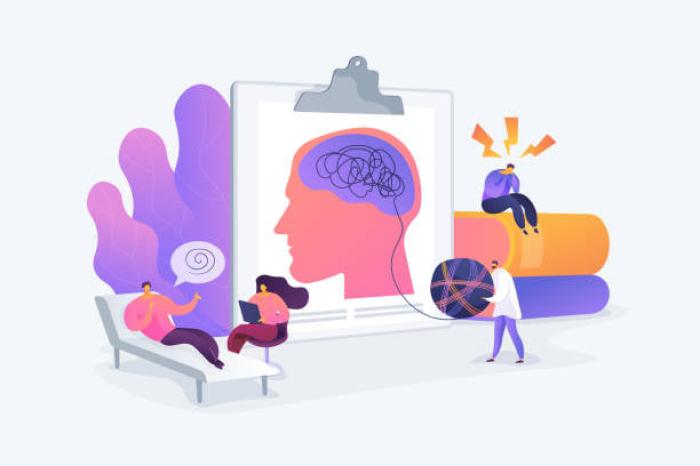
It is well-known that physical exercise is crucial for maintaining physical health. However, what is less commonly known is that physical exercise is also crucial for maintaining good mental health. In fact, there is a strong link between physical exercise and mental health.
Physical exercise has been shown to have a positive effect on the brain. When we exercise, our bodies release endorphins, which are neurotransmitters that create feelings of happiness and well-being. This is why many people experience a “runner’s high” after a good workout. Endorphins can also help to reduce feelings of stress and anxiety, making us feels calmer and more relaxed.
Regular exercise has also been shown to improve our sleep patterns. Getting enough sleep is essential for good mental health, and regular exercise can help to promote a more restful sleep. Exercise has been shown to reduce the time it takes to fall asleep, as well as to increase the amount of deep sleep that we get each night. This can help us to feel more alert and focused during the day.
In addition to the immediate benefits of exercise, regular physical activity can also help to reduce the risk of developing certain mental health conditions. For example, studies have shown that regular exercise can reduce the risk of depression and anxiety. Exercise has also been shown to be effective in treating these conditions, either alone or in combination with other therapies.
Physical exercise can also be helpful for people who are recovering from addiction or other mental health issues. Exercise can help to reduce cravings, improve mood, and provide a healthy outlet for stress and anxiety. This is why many treatment programs incorporate exercise into their programs.
So, how much exercise do we need to reap the mental health benefits? The good news is that even small amounts of physical activity can be helpful. The best psychiatrist in Bhopal, Dr. Sanjeet Diwan, recommends that adults engage in at least 150 minutes of moderate-intensity aerobic exercise each week, which can be spread out over several days. This can include activities like brisk walking, cycling, swimming, or dancing.
It is important to note that exercise is not a substitute for professional mental health treatment. If you are struggling with a mental health issue, it is important to seek help from a mental health professional. However, regular exercise can be an important component of a holistic approach to mental health care.
In conclusion, physical exercise is not just good for our bodies – it is also good for our minds. Regular exercise can help to improve mood, reduce stress and anxiety, improve sleep, and reduce the risk of certain mental health conditions. If you are looking to improve your mental health, consider adding regular exercise to your routine.
- Latest Posts
- Best Psychiatrist in Hoshangabad – Dr. Sanjeet Diwan
- Best Psychiatrist in Itarsi –Dr. Sanjeet Diwan
- Best Psychiatrist in Mandideep – Dr. Sanjeet Diwan
- Best Psychiatrist in Obaidullaganj - Dr. Sanjeet Diwan
- Best Psychiatrist in Sehore – Dr. Sanjeet Diwan
- Link between Physical Exercise & Mental Health: An Insight from a Psychiatrist in Bhopal
- The Importance of Self-Care for Mental Health: An Insight from a Psychiatrist in Bhopal
- Addressing the Stigma Surrounding Mental Illness in Bhopal
- Choosing the Right Psychiatrist in Bhopal: A Guide for Patients
- Self Care for Mental Health: Tips and Techniques for Prioritizing Your Well-Being
- Top 6 Tips to Get Rid Of Drug Addiction
- How to Talk to Kids about Anxiety?
- How Can I Best Help My Child Manage His ADHD?
- How to Prevent Suicide in Your Teenage Child?
- How Exercise Affects Our Minds?
- 5 Damaging Myths about Personality Disorders
- What are Body-Focused Repetitive Behaviors?
- Top 8 Effective Ways to Overcome Body Image Issues
- 7 Behaviors That Might Point to Childhood Emotional Neglect
- How to Help Students Who Are Suffering from Mental Health Issues?
